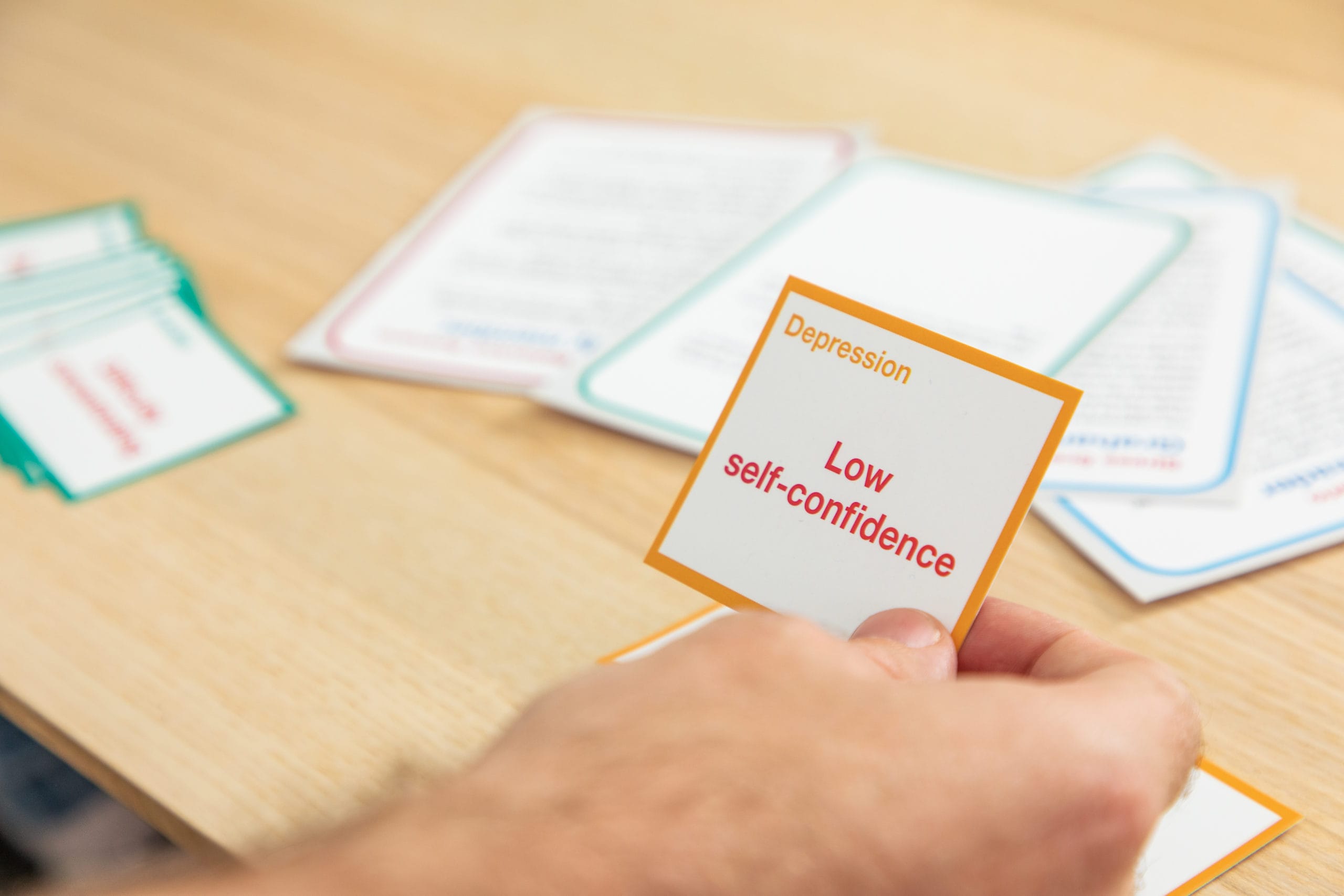Only one in five West Australians with lived experience of mental health emergency are ‘very confident’ about what to do: new survey
- More than 40 per cent of Western Australian adults have experienced or witnessed a mental health emergency
- Less than one in five (17%) Western Australians said they were “very confident” they would know what to do in such a situation.
- The First Aid for Mental Health course offered by St John WA is an impactful one-day program designed to equip participants with the knowledge and skills to support others, as well as themselves, in navigating mental health challenges.
Only one in five Western Australians who have a lived experience of a mental health emergency are ‘very confident” they would know what to do in such a situation, a new survey commissioned by St John WA in time for WA Mental Health Week has shown.
More than 40 per cent of Western Australian adults have experienced or witnessed a mental health emergency.
Less than one in five (17%) Western Australians said they were “very confident” they would know what to do in such a situation.
Fortunately, close to 70 per cent of all Australians said they would be open to undertaking a mental health first aid course given 36 per cent were not confident about what to do in a mental health emergency.
The First Aid for Mental Health course offered by St John WA is an impactful one-day program designed to equip participants with the knowledge and skills to support others, as well as themselves, in navigating mental health challenges.
St John WA Chief Preventative Officer Megan O’Donnell said the course covered a range of mental health conditions – from stress and anxiety to depression and suicide.
“Through a combination of theoretical knowledge and practical exercises, participants gain confidence in recognising the signs and symptoms of these conditions and learn how to provide immediate support or connect individuals to professional help,” she said.
Julie Warburton, one of the experienced trainers, said the course focused on the mental health challenges people commonly faced in daily life.
“Participants engage in hands-on activities, such as role-playing supportive conversations, which builds confidence and competence,” she said.
Both Ms O’Donnell and Ms Warburton emphasised the transformative nature of this training, noting how attendees leave with practical tools, a deeper understanding of mental health, and the confidence to support themselves and others.
Whether addressing stress or noticing warning signs of suicide ideation, the course empowers participants to make a meaningful difference in their own lives and the lives of those around them.
To learn more about St John WA’s First Aid for Mental Health course and how you can equip yourself with the skills to support those around you, call 9334 1233 or visit stjohnwa.com.au/firstaid-training/mental-health.
For those experiencing a mental health crisis, confidential calls can be made to:
• Lifeline on 13 11 14
• Beyond Blue on 1300 22 4636
• Suicide Call Back Service on 1300 659 467
Key findings
- Almost half (47%) of Australian adults say they have experienced or witnessed a mental health emergency.
- Gen X (58%) and Gen Z (54%) are more likely than Millennials (41%) to say they have experienced or witnessed a mental health emergency.
- Victorians (54%) are more likely than West Australians (42%) to say they have experienced or witnessed a mental health emergency.
- Less than one in five (17%) Western Australians say they are “very confident” they would know what to do in a mental health emergency.
- Just one in five (19%) Australians say they are very confident, while four in 10 (40%) are somewhat confident, three in 10 (28%) not that confident, just under one in ten (8%) are not at all confident and 5% say they don’t know.
- Men (23%) are more likely than women (15%) to say they are very confident that they would know what to do in a mental health emergency.
- Gen Z (22%) and Millennials (29%) are more likely than Gen X (12%) and Baby Boomers (12%) to say they are very confident that they would know what to do in a mental health emergency.
- Seven in 10 (69%) Australians say they would be open to undertaking a mental health first aid course to learn the skills and build confidence to respond to a mental health crisis, with 14% saying they would not be open to this and 17% that they don’t know.
- Women (73%) are more likely than men (64%) to say they would be open to undertaking a mental health first aid course to learn the skills and build confidence to respond to a mental health crisis. In contrast, men are more likely to say they would not be open to this (17% compared to 11%).
- Gen Z (83%), Millennials (78%) and Gen X (72%) are more likely than Baby Boomers (55%) to say they would be open to undertaking a mental health first aid course to learn the skills and build confidence to respond to a mental health crisis, while Baby Boomers are more likely than younger generations to say they don’t know (30% compared to Gen X – 15%, Millennials – 11% and Gen Z – 8%).
- Australians who have experienced or witnessed a mental health emergency (78%) are more likely than those who have not (60%) to say they would be open to undertaking a mental health first aid course to learn the skills and build confidence to respond to a mental health crisis.
This survey was conducted online between September 27-30 2024.
The results are based on a nationally representative sample of 1050 Australians aged 18 years and older.
YouGov designed the questionnaire with St John WA.
Following the completion of interviewing, the data was weighted by age, gender and region to reflect the latest ABS population estimates.
